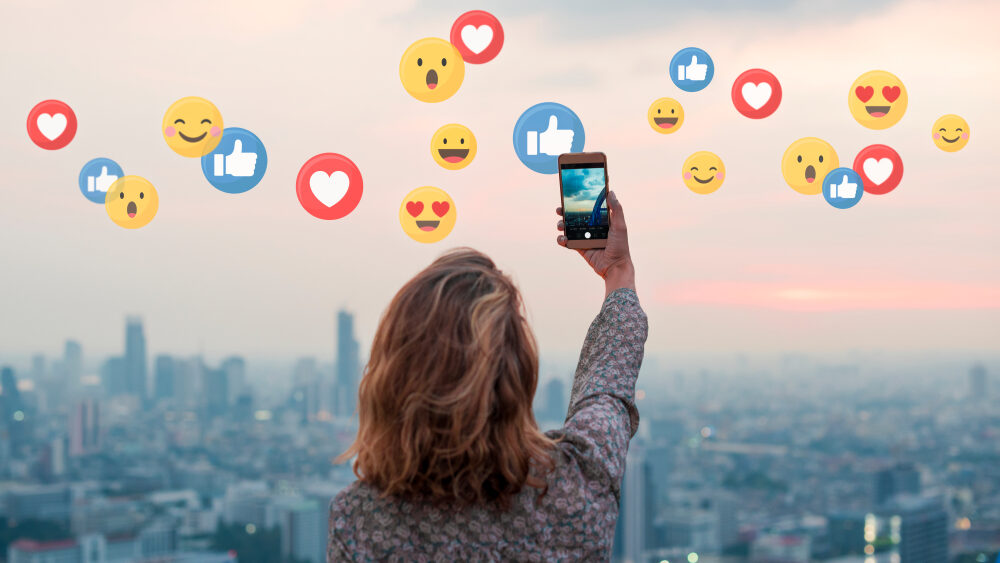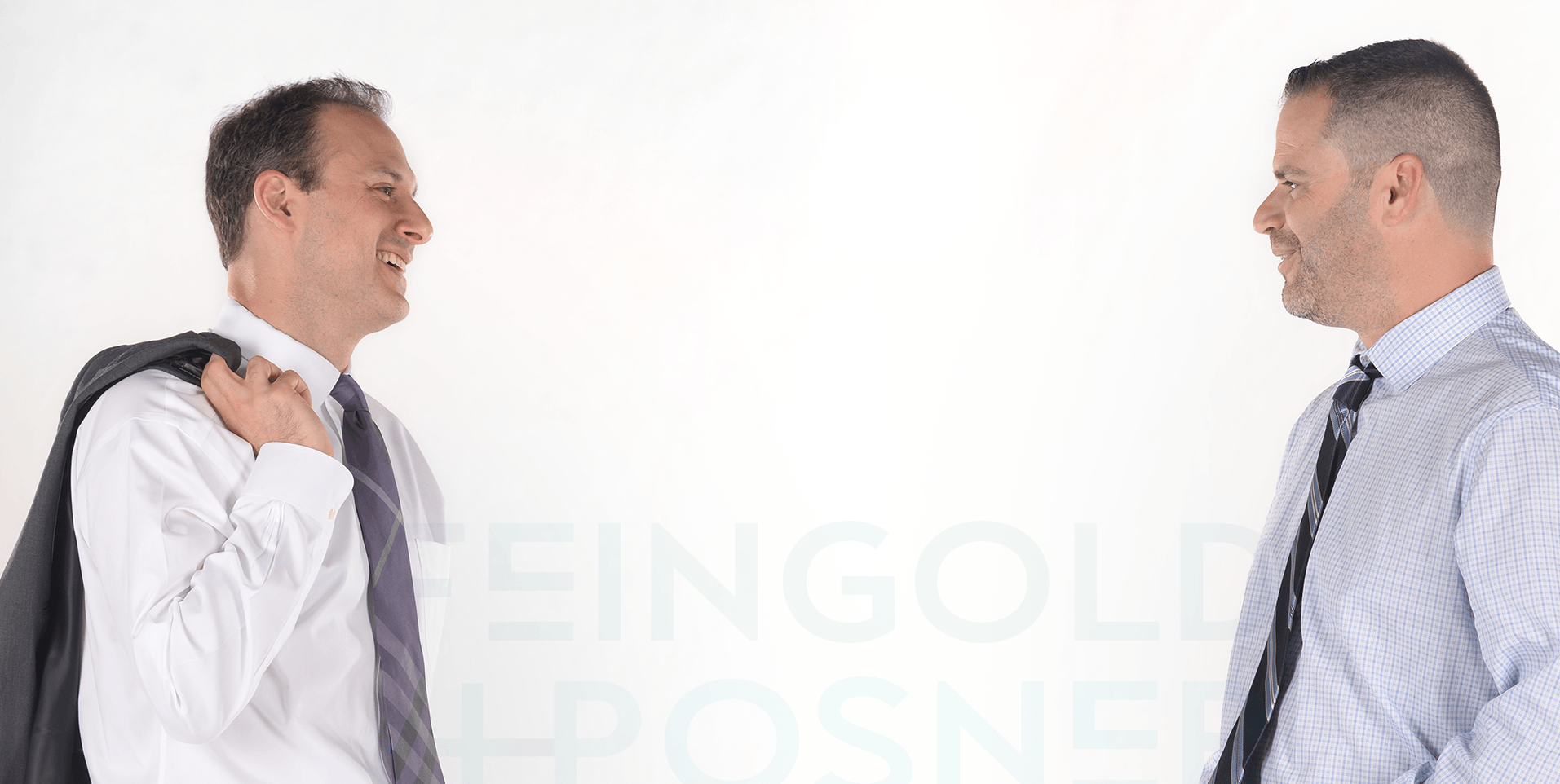The Impact of Social Media on Your Florida Personal Injury Claim
December 21, 2023

In today’s digital age, the world has witnessed a significant transformation in the way we communicate, share our lives, and interact with others. Social media platforms have become an integral part of our daily routines, offering us the means to connect, express ourselves, and share our experiences with the world. While this connectivity has its advantages, it can also have unintended consequences, particularly when it comes to personal injury claims in the state of Florida.
At Feingold & Posner, P.A., we bring years of expertise in personal injury law to help you comprehend how social media can affect your case. This article delves into the potential risks of social media, illustrates hypothetical scenarios, and offers best practices to safeguard your claim. We also highlight the vital role of a personal injury lawyer in managing these unique challenges.
Potential Pitfalls – How Social Media Can Harm Your Case
Social media may seem like an innocent and personal means of communication, but when involved in a personal injury claim, it can potentially have a detrimental impact on the outcome. The information shared on these platforms can be used against you by insurance companies, defense attorneys, and even the court.
- Incriminating Statements: One of the most common pitfalls is making incriminating statements on social media. For example, if you post about your accident or injury, even in a casual manner, it can be misconstrued or used to undermine your claim. Statements like “I’m feeling better today” or “Accidents happen; no big deal” can be taken out of context to suggest that your injuries are not as severe as claimed.
- Inconsistent Behavior: Social media is a record of your daily life, and inconsistency in your behavior or activities can be exploited to your disadvantage. For instance, if you claim that you have mobility issues due to the injury, but your social media profile is filled with pictures of you engaging in physically demanding activities, it can be used as evidence against your case.
- Privacy Settings: Many individuals believe that their social media profiles are private and only visible to a select group of friends. However, insurance companies and defense attorneys have become adept at accessing private information through various means. Your posts, photos, and comments can be used to challenge the credibility of your claim.
- Posts About Medical Treatment: Sharing details about your medical treatment, including doctors’ visits, surgeries, or physical therapy sessions, can inadvertently reveal information that can be used against you. For example, an insurance company might argue that you are not following your prescribed treatment regimen if they find posts suggesting otherwise.
- Comparative Negligence: In Florida, personal injury claims are subject to the doctrine of comparative negligence, which means that your recovery can be reduced based on your percentage of fault in the accident. Social media posts showing you engaging in risky behavior or activities can be used to argue that you were partially at fault for your injuries. Furthermore, if you are found to be more than 50% responsible, you will lose compensation eligibility.
- Exaggerated Claims: While some people may exaggerate their injuries on social media, thinking it will help their case, this can backfire. If your posts and actions contradict the severity of your injuries, they can be used to discredit your entire claim.
Hypothetical Scenarios – Social Media’s Impact on Personal Injury Claims
To better illustrate the potential implications of social media usage during a personal injury lawsuit, consider these hypothetical scenarios:
- Scenario 1: Imagine a scenario where John, a resident of Florida, is involved in a car accident that results in a fractured leg. He initiates a personal injury lawsuit, seeking recompense for medical costs and lost income. However, his insurance company scrutinizes his social media profiles and uncovers photographs of him dancing at a wedding, albeit with crutches. The insurer could then contend that his injury is less severe than alleged, leading to a diminished settlement proposal.
- Scenario 2: In another fictional example, Sarah, a university student, experiences a slip and fall incident at a local supermarket. She pursues a personal injury claim to cover her medical expenses and for the pain and suffering she endured. Yet, her social media updates depict her enjoying a beach day and engaging in strenuous activities, which seemingly contradict her claims of persistent pain and suffering. This evidence could then hypothetically be used in court to challenge the credibility of her injuries.
- Scenario 3: Consider a case where David, a motorcyclist, is involved in a crash caused by a careless driver. Suffering multiple injuries, he files for personal injury compensation. In this scenario, his Facebook account reveals videos of him riding his motorcycle post-accident, discovered by the defense lawyer. This evidence could be utilized to argue that David’s injuries are not as critical as he claimed, influencing the outcome of his claim.
These fictional cases highlight the significance of exercising discretion in social media activities while involved in a personal injury lawsuit.
Recommendations – Best Practices for Social Media Use During a Case
While it may be tempting to share your life on social media, especially when going through challenging times, it’s essential to take precautionary measures during a personal injury claim to protect your interests:
- Limit Your Social Media Activity: Consider temporarily deactivating or privatizing your social media accounts to prevent insurance companies and defense attorneys from accessing your posts.
- Refrain from Discussing Your Case: Avoid sharing any information related to your personal injury claim. Even seemingly harmless updates can be used against you.
- Do Not Accept New Friend Requests: Be cautious about accepting friend requests from individuals you do not know, as they may have ulterior motives.
- Review Your Existing Posts: Go through your existing social media content and remove or hide any posts, photos, or comments that could potentially harm your case.
- Consult Your Attorney: Discuss your social media strategy with your personal injury attorney. They can provide specific guidance tailored to your case.
Role of a Personal Injury Lawyer – Guiding Clients on Social Media Issues
The role of a personal injury attorney extends beyond courtroom representation. They are your advocates, advisers, and guides throughout the legal process. When it comes to the impact of social media on your personal injury claim, a skilled attorney from Feingold & Posner, P.A. can play a crucial role.
- Legal Expertise: A personal injury attorney understands the legal nuances surrounding personal injury claims in Florida. They can assess the potential risks and advise you on the best course of action regarding social media.
- Evidence Handling: Your attorney can help you gather and preserve relevant evidence while ensuring that you do not inadvertently harm your case through social media activity.
- Communication with Opposing Parties: Your attorney can handle communication with the insurance company and opposing counsel, ensuring that nothing is said or done that can be used against you.
- Case Strategy: An experienced attorney can develop a comprehensive case strategy that takes into account the impact of social media, helping you navigate the legal landscape while protecting your interests.
- Privacy Protections: Your attorney can advise you on steps to protect your privacy and guide you on the use of social media during your case.
Contact an Experienced Personal Injury Lawyer at Feingold & Posner, P.A. for a Free Consultation About Your Case Today
As you navigate the aftermath of a personal injury in Florida, the role of social media in your life takes on a new dimension. At Feingold & Posner, P.A., we recognize the challenges and pitfalls that social media can present in personal injury cases. Our dedicated team of attorneys is committed to guiding you through every step of this complex process, ensuring that your rights are protected and your case is presented in the strongest possible light.
If you or a loved one have been impacted by a personal injury in Florida, don’t navigate the legal and digital landscape alone. Contact us for a free consultation. Our experienced personal injury attorneys are ready to provide you with the expert guidance and representation you need to secure a favorable outcome in your case. Let us help you turn this challenging chapter into a story of resilience and justice.

★
★
★
★
★
“These lawyers are not only very efficient, but caring as well. I would not hesitate to refer them to anyone.”
MATTHEW T. / FORMER CLIENT



